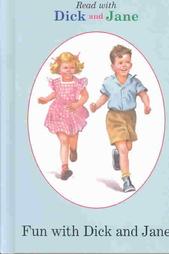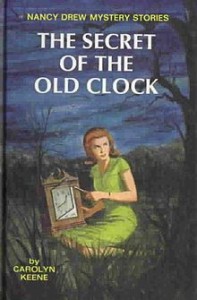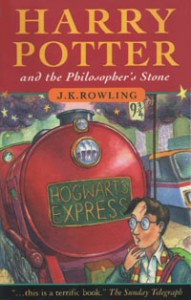I admit it. I’m a slacker. I have no discipline in my life. It practically takes an act of Congress to get me to do my dishes. I’d rather sit around and spend my days swimming through a sea of imagination. Whether reading books, watching movies, or daydreaming, I’m not big on the real world, and as I live alone, I don’t have anyone around to tell me I can’t. But, that doesn’t help me get the stories in my head out. It doesn’t help me get to the next level.
Oh, I could just wait for inspiration, or that terrible urgent need that comes along that makes me write because, if I don’t, my head will explode. That happens, but not often enough to produce any complete story with any speed. I have friends who do that. Who complain that they can’t finish anything because they had “writers block” or they’re living with world-builder’s disease.
My particular demons aren’t original. I get knocked down often by periodic depression. I get mired in the difficulties of trying to construct a plot from the myriad wonderful moments I’ve concocted in my head and often like a complete failure. I forget how much I love writing. But I’ve learned the best thing for it is to keep plodding along. Even when I’m not feeling it. Even when I’d rather be reading that new book I bought. Even when I know the scene I’m writing is complete crap and will probably get cut in the next revision. It doesn’t matter. Every crappy line is one step closer to the good stuff. Every cliche is one sentence out of the sludge that keeps me down.
I’ve said it before on this site, and I will probably say it again and again. The only way to truly defeat the nagging doubts, the distracting delays, the fear that the story will never be ready, or whatever the current issue that keeps the story locked away where no one can read it, is to plant my butt in the chair and keep writing.
So, whenever I get a little lost or down or frustrated, I remind myself that no one is making me write. If I’m having trouble, it’s my own damn fault. I might feel as if writing, when I’m especially inspired, is a need rather than a want, but like the doubts that eventually creep in, that’s really just in my head. Thus, it’s up to me to get over whatever is holding me back. It’s a heady and terrifying thing to think about. It’s also easy to forget.
But even when I do forget, eventually, my inner critic slaps me in face and shouts at me to sit down, shut up, and write. This ridiculous story isn’t going to write itself.






